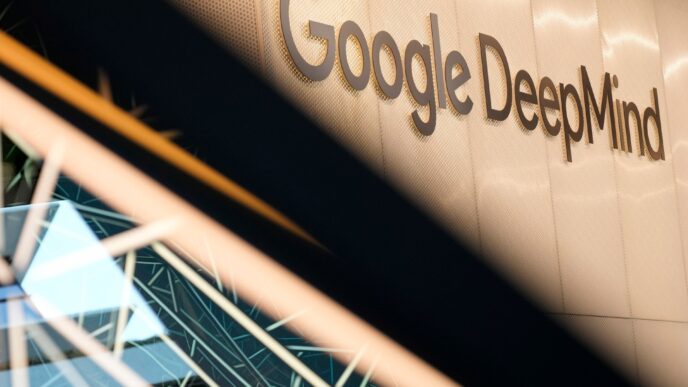Meta scored a key legal win Wednesday. A federal judge ruled its use of millions of books to train AI models is “fair use.” The case was brought by authors including Ta-Nehisi Coates and Richard Kadrey. They challenged Meta’s use of online books, academic articles, and comics for training its Llama AI models.
San Francisco judge Vince Chhabria sided with Meta, citing copyright law’s fair use provision. Meta argued its AI development is transformative and protected regardless of how it sourced the works.
This case is one of many battles over creators’ rights versus AI companies profiting from copyrighted content. But Chhabria said the authors “failed to make the right arguments.”
“This ruling does not stand for the proposition that Meta’s use of copyrighted materials to train its language models is lawful,” Vince Chhabria stated.
“It stands only for the proposition that these plaintiffs made the wrong arguments and failed to develop a record in support of the right one.”
This is the second win this week for AI companies. On Monday, a judge ruled in favor of San Francisco start-up Anthropic, which trained its Claude AI on manually scanned physical books. That ruling also called for a separate trial over claims of digital piracy.
Meta’s case also involved LibGen, an online shadow library hosting unauthorized copies. Chhabria flagged “market dilution” as a potentially strong argument against AI training. He noted AI’s ability to flood markets with AI-generated content threatens traditional creators’ incentives.
“People can prompt generative AI models to produce these outputs using a tiny fraction of the time and creativity that would otherwise be required,” Chhabria added.
“AI could dramatically undermine the incentive for human beings to create things the old-fashioned way.”
Meta and the authors’ teams have not commented yet.














